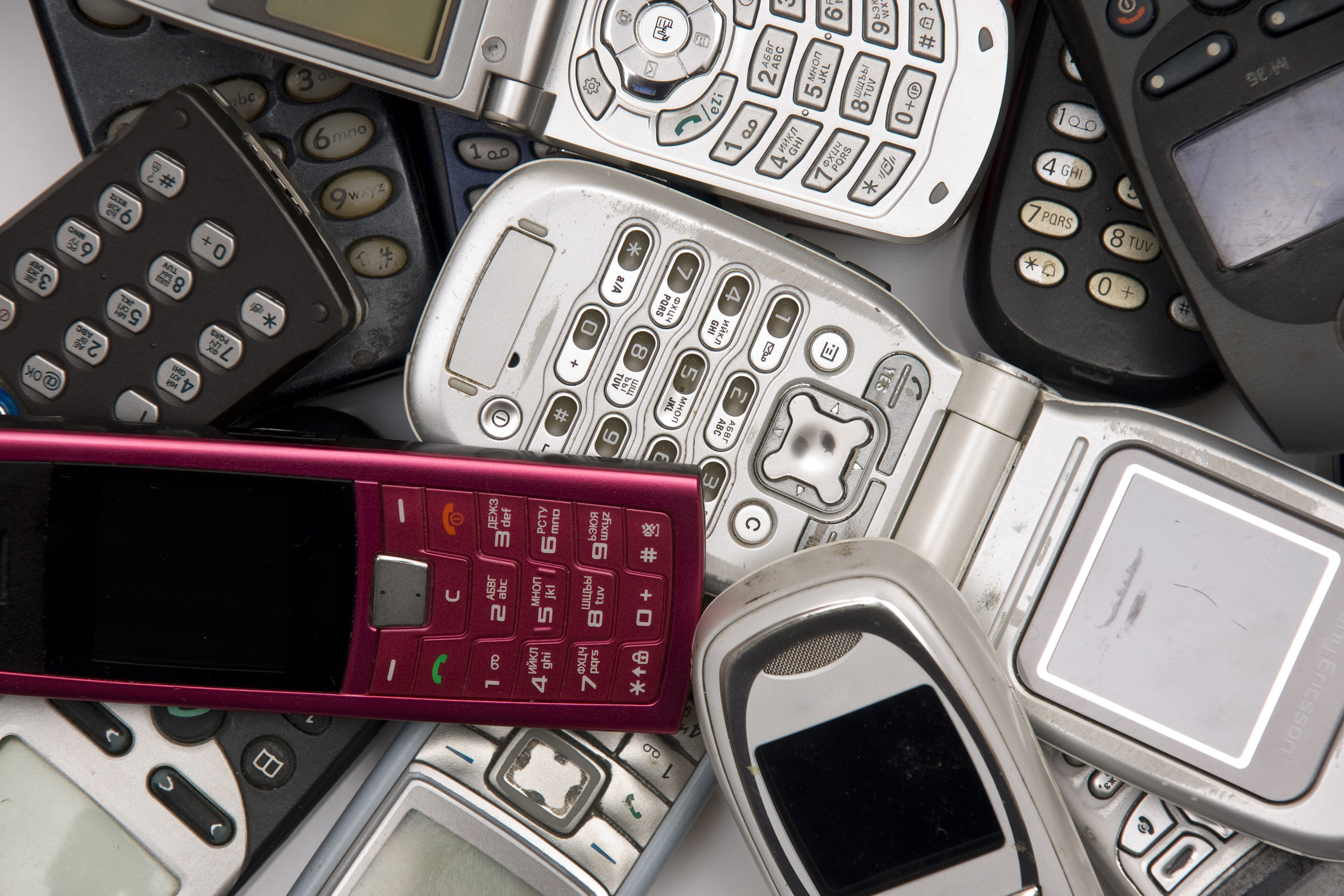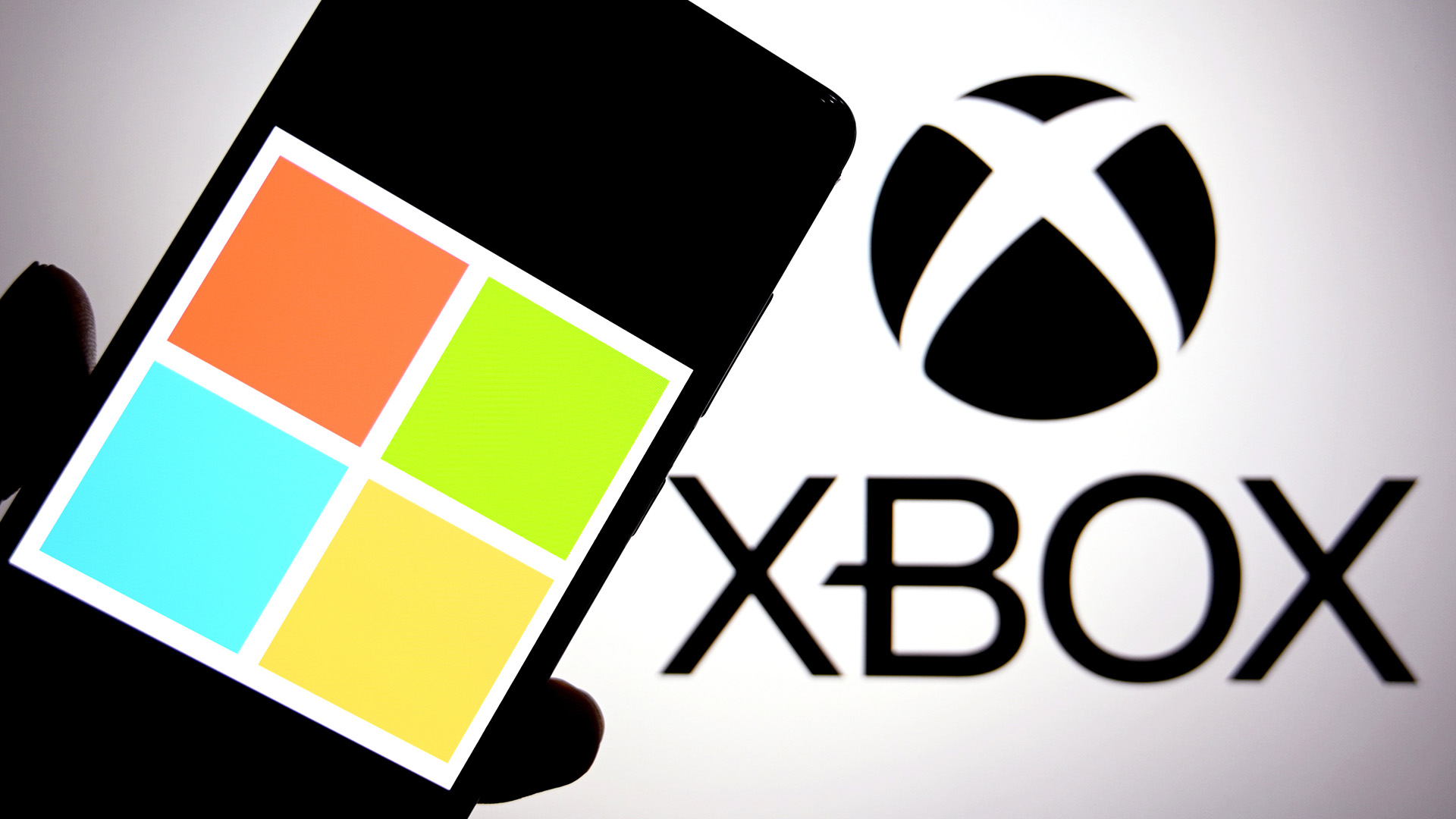Most kids have own mobile phone
But don't worry, texting is good for their spelling, new research shows.

A new poll has shown that 63 per cent of the UK's under-10s have their own mobile phone, but researchers claim it's actually helping, rather than hindering, their development.
Online gadget retailer Prezzybox.com asked 1,400 parents of children under the age of 10 about their offspring's use of gadgets, and more than half said their child had their own phone, while three quarters have their own PC or laptop.
Half of those parents whose primary-schoolers owned their own phone cited constant pressure from the child itself as the main reason for giving in, though a quarter added that they felt reassured that they did from a safety point of view.
Of those who had resisted, three quarters said phones were unnecessary for children so young, while seven per cent said they posed a risk to their child's health.
However, researchers at Coventry University believe that mobile phone use and particular the much-derided "text speak" could in fact be healthy for a child's development.
The university's year-long study, which followed the development of children between the ages of eight and 12 over a year-long period concluded that there was a very real link between texting on a daily basis and literacy development, debunking the widely held theory that text speak is inherently harmful to literacy.
According to Dr Clare Wood, Reader in Developmental Psychology at Coventry University, the research shows that texting is "a valuable form of contact with written English for many children, which enables them to practise reading and spelling on a daily basis".
Sign up today and you will receive a free copy of our Future Focus 2025 report - the leading guidance on AI, cybersecurity and other IT challenges as per 700+ senior executives
"If we are seeing a decline in literacy standards among young children, it is in spite of text messaging, not because of it," Dr Wood added.
Less reassuring to literary purists was the conclusion that the older the child was, the greater the chances that text speak would infiltrate their everyday vocabulary.
A slightly more concerning statistic from the Prezzybox survey was the fact that 54 per cent of parents admitted not monitoring their child's phone use in any way.
"I don't think that the worry is that so many children have and use mobile phones, but that so many parents are unaware of exactly what it is their children are using them for," said Prezzybox managing director Zak Edwards.
Other gadgets popular with our pre-teens according to the Prezzybox survey are handheld games consoles (62 per cent), MP3 players (46 per cent), digital cameras (44 per cent) and TVs (41 per cent).
-
 Hybrid cloud has hit the mainstream – but firms are still confused about costs
Hybrid cloud has hit the mainstream – but firms are still confused about costsNews How do you know if it's a good investment if you don't have full spending visibility?
-
 An executive suggested laid off staff use AI for counseling – I think that's ludicrous
An executive suggested laid off staff use AI for counseling – I think that's ludicrousOpinion In the aftermath of Microsoft layoffs, promoting AI career advice feels supremely cold